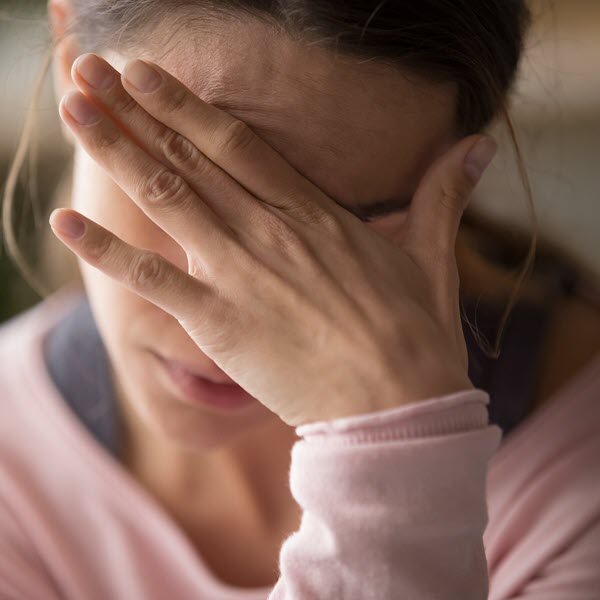What to Know About CBD Patches for Anxiety
Anxiety, a common mental health condition affecting millions of people worldwide, can have a significant impact on an individual's daily life. With the growing interest in alternative treatments, CBD has emerged as a potential option for managing anxiety symptoms. CBD, short for cannabidiol, is a non-psychoactive compound derived from the cannabis plant. Its popularity has surged due to its reported therapeutic properties, including anxiety relief.
Understanding CBD and Its Benefits
CBD interacts with the body's endocannabinoid system, which plays a crucial role in regulating various physiological and cognitive processes. Research suggests that CBD may help alleviate anxiety symptoms by influencing serotonin receptors in the brain, which are responsible for mood regulation. Furthermore, CBD may have anti-inflammatory and neuroprotective effects that could contribute to its anxiety-relieving properties.
The Rise of CBD Patches
CBD patches, a relatively new delivery method for CBD, have gained popularity among individuals seeking a convenient and discreet way to incorporate CBD into their daily routine. These patches are designed to slowly release CBD into the bloodstream over an extended period, providing a continuous dosage throughout the day. By bypassing the digestive system, CBD patches offer a more efficient method of absorption compared to oral CBD products.
The Benefits of CBD Patches for Anxiety
One of the primary advantages of using CBD patches for anxiety is the sustained release of CBD, allowing for a more consistent and controlled dosage. This steady supply of CBD may offer a more stable reduction in anxiety symptoms compared to other delivery methods. Additionally, CBD patches eliminate the need for frequent dosing, providing a convenient option for individuals with busy schedules.
Usage and Application of CBD Patches
Using CBD patches is straightforward. Simply apply the patch to clean, dry skin in an area with minimal hair, such as the upper arm, thigh, or back. Press the patch firmly against the skin to ensure proper adhesion. Most CBD patches are designed to be worn for up to 24 hours, after which they can be safely removed. It is essential to read the instructions provided by the manufacturer and consult with a healthcare professional for personalized guidance.
Considerations and Tradeoffs
While CBD patches offer several benefits, it is important to consider potential limitations and tradeoffs. The effectiveness of CBD in managing anxiety can vary from person to person, and some individuals may require higher dosages than what a patch can provide. Additionally, CBD patches may not be suitable for everyone, especially those with sensitive skin or allergies to adhesive materials. It is crucial to consult a healthcare professional before incorporating CBD patches into your anxiety management strategy.
Exploring Alternative Approaches
Although CBD patches can be a valuable tool in managing anxiety, it is worth exploring other approaches in conjunction with or instead of CBD. Therapy, lifestyle modifications, and other evidence-based treatments may offer complementary benefits when combined with CBD patches. Each individual's journey to managing anxiety is unique, and finding the right combination or approach often requires trial and error.
The Importance of Individual Considerations
When considering CBD patches for anxiety, it is crucial to take into account individual factors such as personal health history, existing medication regimens, and potential drug interactions. Consulting with a healthcare professional is vital to ensure that CBD patches align with your specific needs and do not interfere with other treatments or medications.
Concluding Thoughts
CBD patches offer a promising avenue for individuals seeking anxiety relief. With their convenient application and sustained release of CBD, they provide a viable option for managing anxiety symptoms throughout the day. However, it is essential to approach CBD patches as part of a comprehensive anxiety management strategy that considers individual factors and explores alternative approaches. By making informed decisions and collaborating with healthcare professionals, individuals can tailor their approach to anxiety management and work towards a better quality of life.
